One of the main differences between a firm mattress and a soft mattress is the level of firmness they offer. A firm mattress is typically designed to provide a sturdy and supportive surface, while a soft mattress offers a more cushioned and plush feel. When it comes to firmness, it's important to find a balance that works for your body. A mattress that is too firm can cause pressure points and discomfort, while a mattress that is too soft may not provide enough support for proper spinal alignment. Firm mattress: Firm mattresses are often recommended for individuals who suffer from back pain or prefer a more supportive sleeping surface. These mattresses are typically rated as medium-firm or firm, with a scale ranging from 1-10, with 10 being the firmest. Soft mattress: Soft mattresses are ideal for individuals who prefer a more plush and cushioned feel. These mattresses are typically rated as medium-soft or soft, with a scale ranging from 1-10, with 1 being the softest.1. Firmness Level
Support is another important factor to consider when choosing between a firm and soft mattress. A supportive mattress is crucial for proper spinal alignment and can help alleviate back pain and discomfort. A firm mattress offers a higher level of support due to its sturdier construction. It helps distribute body weight evenly, providing support to the heaviest parts of the body such as the hips and shoulders. This can help prevent pressure points from forming and promote proper spinal alignment. A soft mattress, on the other hand, may not offer the same level of support as a firm mattress. It may mold and contour to the body, but it may not provide enough support for those with back pain or heavier body weight.2. Support
Comfort is a subjective factor and can vary from person to person. While some individuals may find a firm mattress more comfortable, others may prefer the plush feel of a soft mattress. A firm mattress can provide a sense of stability and may be more comfortable for those who prefer a firmer sleeping surface. It can also be beneficial for individuals with back pain or those who sleep on their back. On the other hand, a soft mattress offers a more cushioned and cozy feel. It can be ideal for side sleepers or individuals who prefer a softer sleeping surface. It can also provide relief for pressure points and promote better sleep for those with joint pain or arthritis.3. Comfort
Pressure relief is essential for a good night's sleep. A mattress that relieves pressure points can help reduce pain and discomfort, allowing for a more restful sleep. Firm mattresses may not provide adequate pressure relief as they do not contour to the body as much as a soft mattress. This can cause discomfort and pain for those with pressure points or joint pain. A soft mattress, on the other hand, can offer better pressure relief as it molds to the body and distributes body weight evenly. This can help alleviate pressure points and promote better sleep for those with pain or discomfort.4. Pressure Relief
Proper spinal alignment is crucial for overall health and can be influenced by the type of mattress you sleep on. A mattress that promotes proper spinal alignment can help reduce back pain and improve posture. A firm mattress can provide better spinal alignment as it offers more support and helps keep the spine in a neutral position. This can be beneficial for individuals with back pain or those who prefer to sleep on their back. On the other hand, a soft mattress may not offer the same level of support for spinal alignment. It may cause the body to sink in and can lead to misalignment of the spine, resulting in back pain and discomfort.5. Spinal Alignment
When investing in a mattress, it's important to consider its durability. A durable mattress can last for years, providing comfort and support for a good night's sleep. Firm mattresses are usually more durable as they are made with sturdier materials and offer better support. They are less prone to sagging and can maintain their shape and support for a longer period of time. Soft mattresses, on the other hand, may not be as durable as they are made with softer materials that may wear out faster. They may also be more prone to sagging, reducing their lifespan.6. Durability
For those who share a bed with a partner, motion transfer can be a significant factor to consider. A mattress with good motion isolation can prevent disturbances from your partner's movements, promoting better sleep. Firm mattresses typically have less motion transfer as they provide more stable support. This can be beneficial for couples who are easily disturbed by their partner's movements throughout the night. Soft mattresses, on the other hand, may not have as much motion isolation as they tend to contour to the body and absorb movements. This can cause disturbances for couples who are sensitive to motion transfer.7. Motion Transfer
The price of a mattress can vary depending on its type and brand. Generally, firm mattresses tend to be more affordable compared to soft mattresses. This is because firm mattresses are made with simpler materials and do not require as much cushioning. Soft mattresses, on the other hand, may be made with more expensive materials and may require more layers of cushioning, making them pricier.8. Price
Your sleeping position can also play a role in determining which type of mattress is best for you. Different sleeping positions require different levels of support and comfort. Firm mattresses are usually recommended for back and stomach sleepers as they provide more support and help keep the spine in a neutral position. Soft mattresses can be better for side sleepers as they offer more cushioning for pressure points.9. Sleeping Position
Ultimately, the type of mattress you choose will depend on your personal preference. It's important to consider your individual needs, preferences, and sleeping habits when deciding between a firm and soft mattress. Some individuals may prefer the sturdy support of a firm mattress, while others may find the plush feel of a soft mattress more comfortable. It's important to try out different mattresses and determine which one feels best for you. In the end, the best mattress for you is the one that provides the right balance of comfort and support for a good night's sleep.10. Personal Preference
The Importance of Choosing the Right Mattress for Your Health and Comfort
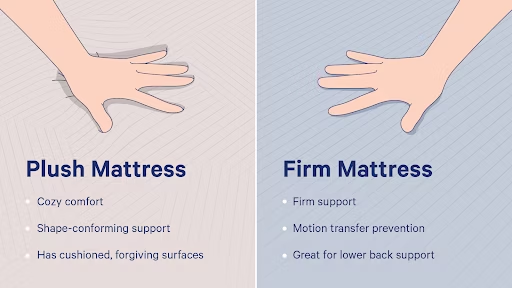
Body Paragraph 2: How a Firm Mattress Can Benefit Your Sleep and Overall Health
 When it comes to choosing a
mattress
, there are two main options to consider: firm and soft. While many people may prefer the plush comfort of a soft mattress, there are actually several benefits to choosing a
firm mattress
. One of the main advantages of a firm mattress is its ability to provide proper support for your body. A firm mattress is designed to keep your spine aligned while you sleep, preventing any pressure points or discomfort. This can be especially beneficial for individuals who suffer from back pain or other orthopedic issues.
Another benefit of a firm mattress is its ability to promote better blood circulation. A soft mattress can often cause your body to sink in, limiting blood flow and causing numbness or tingling in your arms and legs. On the other hand, a firm mattress keeps your body in a more neutral position, allowing for proper blood circulation throughout the night. This can lead to a more restful sleep and better overall health.
In addition, a firm mattress can also help improve your posture. Sleeping on a soft mattress can cause your body to sink in and create an unnatural curve in your spine, leading to poor posture. A firm mattress, on the other hand, encourages proper alignment and can help improve your posture over time. This can have long-term benefits for your overall health and well-being.
Lastly, a firm mattress can be a great option for individuals who tend to sleep hot. Soft mattresses often trap heat and can cause you to wake up feeling sweaty and uncomfortable. A firm mattress, on the other hand, allows for better airflow and can help regulate your body temperature throughout the night, leading to a more comfortable and restful sleep.
In conclusion, while a soft mattress may seem like the more comfortable choice, a firm mattress offers numerous benefits for your health and well-being. From proper support and blood circulation to improved posture and temperature regulation, a firm mattress can make a significant difference in the quality of your sleep. So, when choosing a mattress, be sure to consider the advantages of a firm option for a better and healthier night's sleep.
When it comes to choosing a
mattress
, there are two main options to consider: firm and soft. While many people may prefer the plush comfort of a soft mattress, there are actually several benefits to choosing a
firm mattress
. One of the main advantages of a firm mattress is its ability to provide proper support for your body. A firm mattress is designed to keep your spine aligned while you sleep, preventing any pressure points or discomfort. This can be especially beneficial for individuals who suffer from back pain or other orthopedic issues.
Another benefit of a firm mattress is its ability to promote better blood circulation. A soft mattress can often cause your body to sink in, limiting blood flow and causing numbness or tingling in your arms and legs. On the other hand, a firm mattress keeps your body in a more neutral position, allowing for proper blood circulation throughout the night. This can lead to a more restful sleep and better overall health.
In addition, a firm mattress can also help improve your posture. Sleeping on a soft mattress can cause your body to sink in and create an unnatural curve in your spine, leading to poor posture. A firm mattress, on the other hand, encourages proper alignment and can help improve your posture over time. This can have long-term benefits for your overall health and well-being.
Lastly, a firm mattress can be a great option for individuals who tend to sleep hot. Soft mattresses often trap heat and can cause you to wake up feeling sweaty and uncomfortable. A firm mattress, on the other hand, allows for better airflow and can help regulate your body temperature throughout the night, leading to a more comfortable and restful sleep.
In conclusion, while a soft mattress may seem like the more comfortable choice, a firm mattress offers numerous benefits for your health and well-being. From proper support and blood circulation to improved posture and temperature regulation, a firm mattress can make a significant difference in the quality of your sleep. So, when choosing a mattress, be sure to consider the advantages of a firm option for a better and healthier night's sleep.



















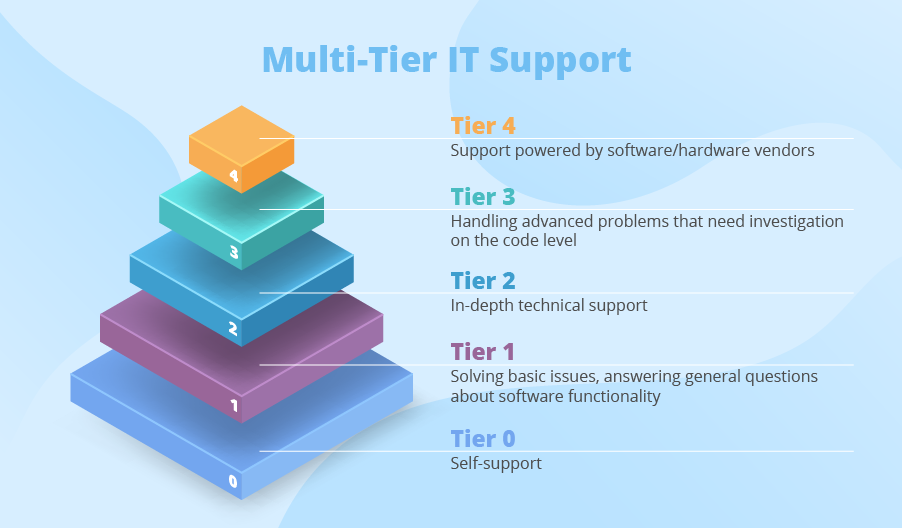






















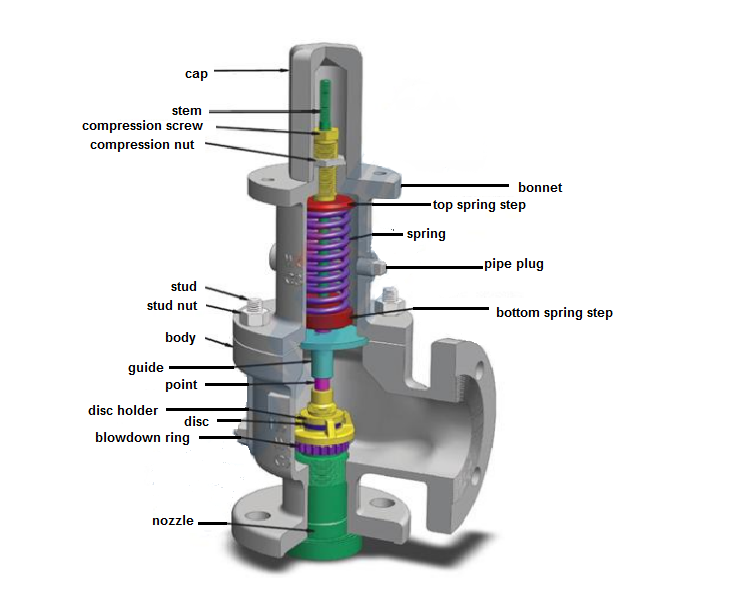





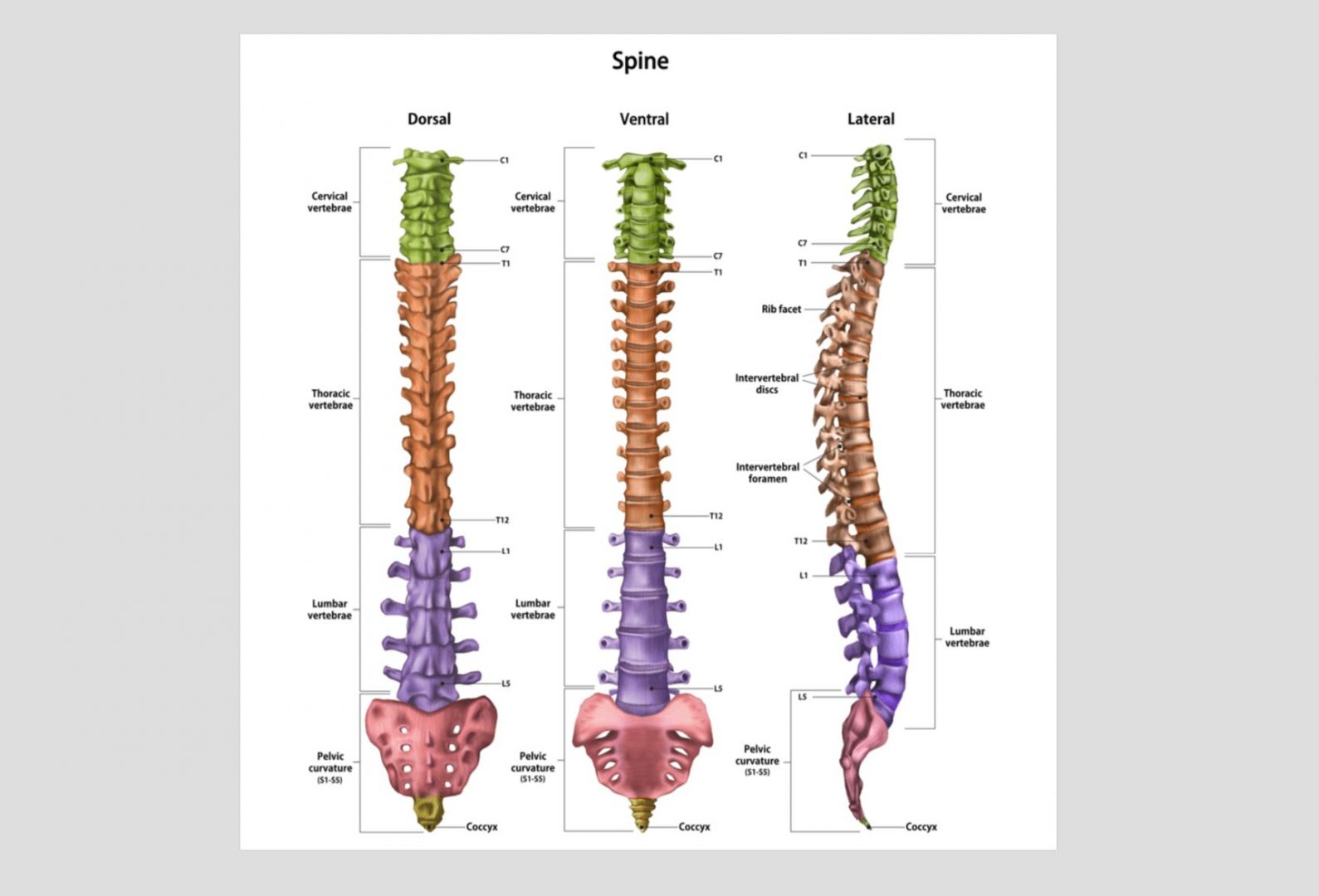





















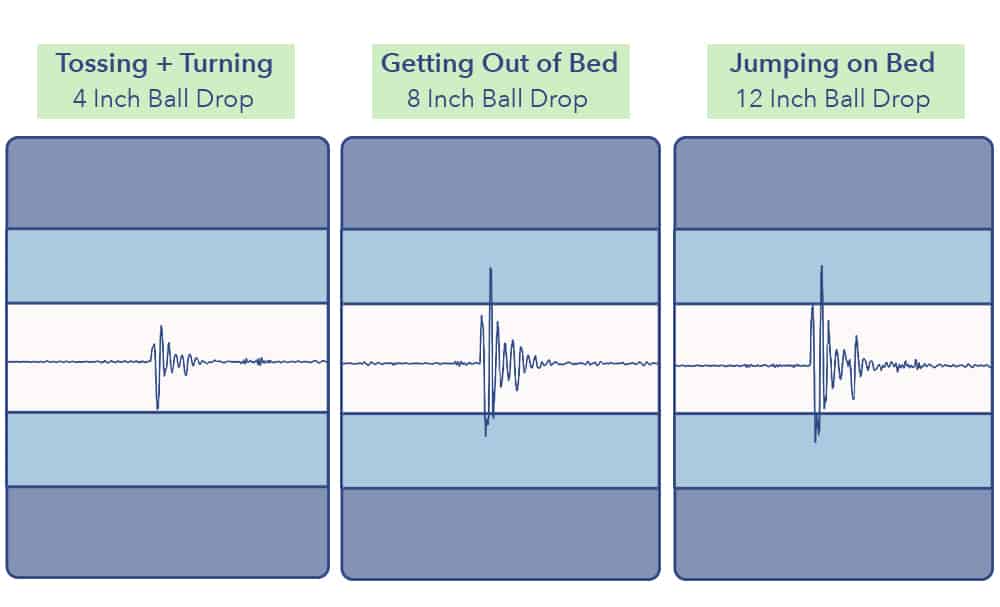



























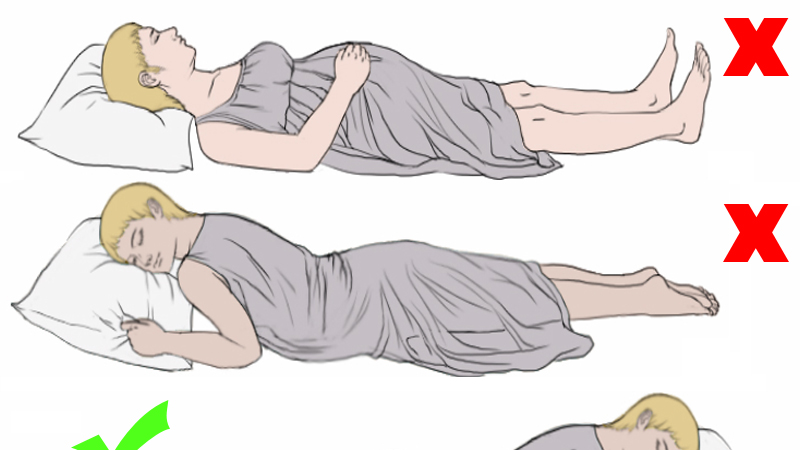










:strip_icc()/pic6467392.jpg)








